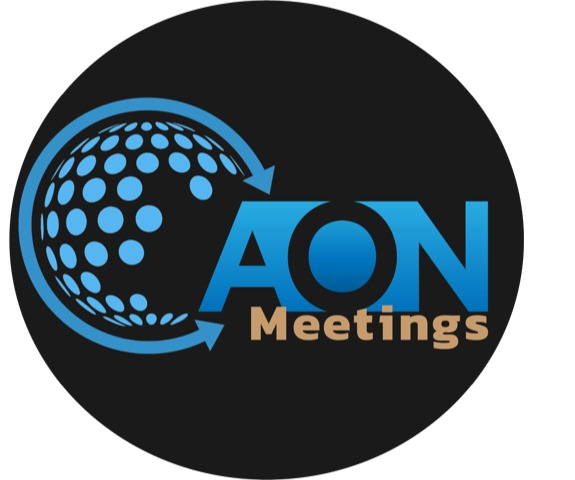Video conferencing in education is changing the way we think about classrooms. It’s not just about having a virtual meeting space; it’s about creating a whole new learning environment....
Virtual field trips are changing how students learn, making it possible to explore the world without leaving the classroom. With the help of educational video conferencing, students can now...
Virtual and hybrid onboarding might sound tricky, but it’s the new normal for many companies. With folks working from home and in the office, getting everyone on the same...
In today’s fast-paced business world, effective communication is key to success. Simple communication can make a big difference in how teams work together and how businesses connect with customers....
Conducting parent-teacher conferences through online video conferencing has become essential in today’s education system. This method offers a modern solution that allows parents and teachers to connect without the...
In today’s digital world, making a great impression during online meetings is crucial. Whether you are presenting to clients or collaborating with colleagues, using psychological tips can help you...
In today’s digital world, online meeting tools have become essential for delivering effective presentations. Whether you’re teaching a class, hosting a webinar, or running a team meeting, the right...
Live streaming on YouTube is a powerful tool that can help you connect with new audiences and grow your brand. By using this platform effectively, you can share your...
Webinars are a powerful tool for businesses to connect with potential customers and generate leads. By organizing a successful webinar, you can showcase your expertise, engage your audience, and...
Ever been stuck on a call, waiting for it to start, and all you hear is silence or some boring music? It’s the worst, right? Well, there’s a cool...
